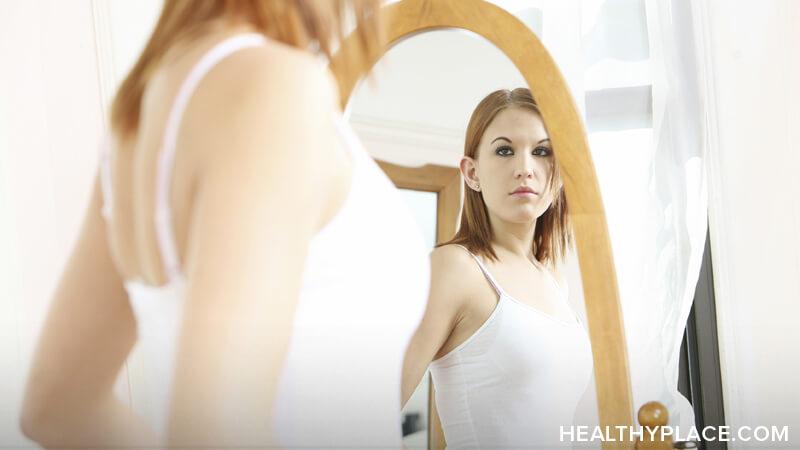Depression relapses happen. This is a truth that everyone in depression recovery must accept. But not all relapses are created equal, and there are things you can do to mitigate or even pre-empt a relapse before it becomes a mental health crisis. The key is learning how to recognize the earliest symptoms of depression relapse and treating them with your very own mental health first aid kit before more serious intervention is required.
Recognizing Early Symptoms of Depression Relapse Can Be Difficult
This is a useful analogy for the importance of noticing early symptoms of depression relapse: I failed my driving test four times. “Hazard perception” was my downfall. My instructor said I was so focused on the road right in front of me that I was failing to look for potential hazards up ahead. This, he said, is how multi-car pile-ups happen: a driver fails to spot an obstruction until it’s too late, then slams on his/her brakes, causing the driver of the car behind to do the same, and so on until a collision becomes inevitable.
Failure to spot an early symptom of depression relapse can cause more symptoms to develop, and if left unchecked, this can cause a multi-symptom pile-up and a relapse into depression. I experienced this recently, so I understand just how difficult it can be to recognize those first warning signs that you might need a mental health tune-up.
Last week, I was in a clothing store with my husband and daughters. After filling our basket with frilly socks and Paw Patrol jammies, my husband suggested that I have a look around the ladies section for something for myself. I had been complaining that all my clothes were drab and/or stained with breastmilk and crayon, and this seemed like the perfect opportunity.
I froze. I insisted that we didn’t have time, and when he pushed, I snapped that I didn’t want to look. I felt hot and light-headed: I was on the verge of a panic attack, and the sensation only subsided when I retreated back into the children’s section.
Acknowledging Early Symptoms Can Help You to Avoid Depression Relapse
When we got back to the car, I told my other half that the reason I had reacted that way was that I couldn’t picture anything looking good on me. I had tried to envision myself wearing the outfit on the mannequin, and it made me want to cry. All I could picture was a bedraggled scarecrow with no behind and buck teeth, draped inelegantly in layers of fabric in a laughable attempt to look stylish.
I’ve suffered intermittently with low self-esteem over the years, but this really took me by surprise. My mental health has been good for some time now. But when I thought about it more, I remembered that there had been at least three similar incidents within the last couple of months where my poor self-image had reared its head. I even almost canceled a play date with a friend and her son because I thought I looked ugly.
This realization prompted me to take stock of my mental health and consider what might be making me feel this way. I won’t bore you with the details, but I concluded that it had to do with the fact that I had been allowing my identity to be swallowed up by my role as a mother, and I was struggling to see myself as a person beyond being “mum.” The last time this happened, I didn’t take proper steps to address these feelings, and I ended up falling back into depression, with a spike in my obsessive-compulsive disorder (OCD).
Dealing with Early Symptoms Might Be Easier than You Think
So, this time, I have taken those steps. I dug out my hair straighteners and my makeup, I ordered some new clothes, and I arranged to meet up with some friends (friends with kids, but still). And you know what? I didn’t mind what I saw in the mirror this morning.
Depression relapse is a common and sometimes unavoidable occurrence. However, learning to recognize and treat the early symptoms of depression can help you to avoid a full-on mental health breakdown.
By the way, I passed my driving test on the fifth try. I learned how to recognize the hazards up ahead.
